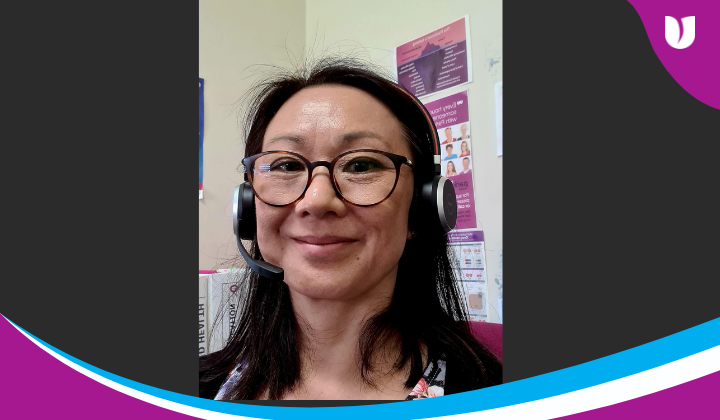This disease has taken so much from me, but I’m grateful for the unexpected positives
by a former deputy premier
It is almost 15 years since I was diagnosed with Parkinson’s, joining the estimated 250,000 Australians living with PD.
Parkinson’s is often simplistically described as a neurological movement disorder. Even after a decade and a half, it surprises me with its odd, almost malicious intent, attacking when it is least expected and most unwelcome.
n the past twelve months, almost all it touches has become steadily worse, but it has been the unrelenting attack on my mental health and peace of mind that has been hardest to cope with. Undue catastrophising and, over-the-top anxiety accompany every decision, event, or appointment, and with it a depression that is impossible to explain away, that spreads a pall over too many days. Finally, after months of false starts, my psychiatrist and I have found an antidepressant that has calmed the spirit, at least for a while.
Almost as bad has been the decay in my ability to comfortably move about. When rising from a sitting position, I have begun to totter, skip, shuffle and stumble around the house. Like a pinball, I lurch from one buffer to the next – door, lounge, window frame, wall, reaching out, trying to find an anchor point so that the message can get through to the brain that I am up and moving and that unless it helped, a catastrophic fall was coming my way.
I’m sick and tired of losing the capacity to do the common everyday things I used to do without thinking: getting out of the car, swallowing, writing, swimming, noticing the scent of cut grass on summer mornings, speaking with clarity and intent, getting up off the floor after playing Lego with grandchildren.
Inevitably, I suppose, the recent changes have led me further into a web of negativity and regret. I’m frustrated at the hours spent in therapy rooms and doctors’ surgeries, diverted by the financial cost of treatments, and annoyed at the premature loss of career.
Perhaps the toughest physical burden to cope with has been the bone-deep fatigue that accompanies almost every waking moment, even on mornings after a night’s deepest sleep free from the strange hallucinations so common to PD. Add to this, the stolen libido and the more mundane difficulty in simply rolling over in bed. I have lost the physical integrity and confidence that always determined how I had approached the world and took for granted. All this comes at a marked cost to my spirit and confidence.
But thankfully, the past twelve months have also brought unexpected positives. First, last, and always, are the people I have met living with Parkinson’s; ordinary older Australians (though there are some in their forties) who are coming to terms with their Parkinson’s journey every day without complaint or expectation of special treatment. They don’t see themselves as special even though many are undeniably heroic in their attitude and their willingness to share advice, hints and support with generosity, kindness, and good humour.
So too, the many nurses, therapists, and clinicians that I meet. Professionals who are motivated by the deepest compassion and desire to ease suffering. Speech therapists, physios, psychologists, and neurologists who know it is unlikely they will see a cure, but still work to keep spirits up. Their treatments and encouragement are invaluable.
Other positives are clear. First, I have a family who loves and cares for me with undeserved tenderness. Second, friends who walk with me on weekends do so without judgement, accepting of my slow gait, regular tripping and half-remembered stories. How those who live with PD cope without close supports, I do not know.
Then there are the Parkinson’s medications that do work for me and have slowed my PD’s progression. So too the life-changing deep brain stimulation therapy I had five years ago and that continues to provide benefit. I am also fortunate beyond measure to live in Australia where NDIS support affords quiet dignity to those in need.
And finally, a blessing. I have learnt in faltering, half-taken steps not to feel as sorry for myself. I have given up on the futile practice of wishing the Parkinson’s away, or trying to hide it, and realised that I have so much to be thankful for, not the least, the empathy for others living with PD. As we mark World Parkinson’s Day I pray they experience a journey that is gentle, free from the worst symptoms and surrounded by love.
John Watkins was NSW’s Labor deputy premier between 2005 and 2008. He is a board member of Parkinson’s NSW.
Sources: Sydney Morning Herald
Read more from former Parkinson’s NSW Deputy Chair John Watkins






